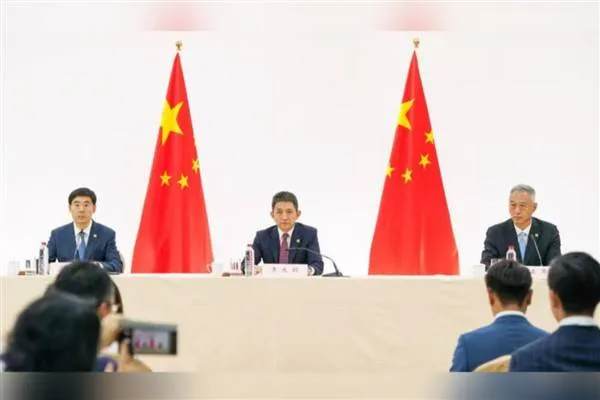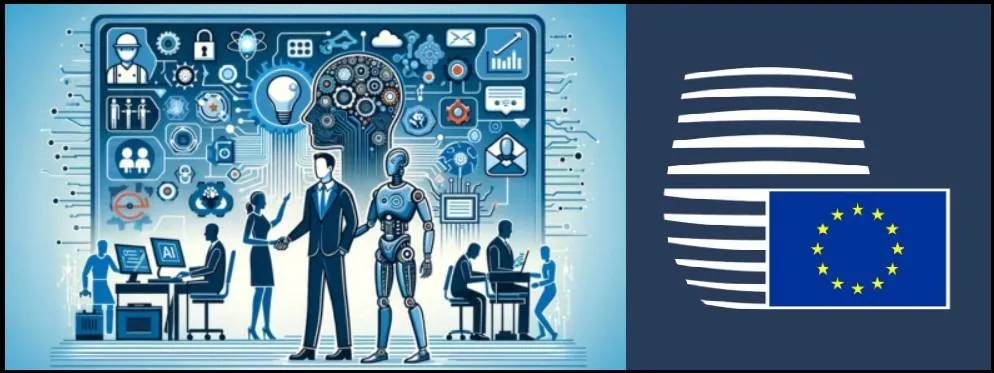China and the U.S. reach a framework understanding on trade and TikTok
China’s Vice Minister of Commerce, Li Chenggang, announced that China and the United States have reached a basic framework understanding on resolving issues related to TikTok, reducing investment barriers, and promoting economic and trade cooperation.
Li Chenggang stated that China and the U.S. have agreed on a framework regarding TikTok-related issues, the reduction of investment obstacles, and the promotion of economic-trade cooperation.
Speaking at a press conference after the talks, Li recalled that the important understandings reached in the leaders’ phone call are being actively implemented; the bilateral economic and trade consultation mechanism is operating at full capacity, and candid, in-depth, and constructive discussions are being held—on the basis of mutual respect and equality—on sensitive commercial and economic topics, including TikTok.
Addressing TikTok, Li stressed that China firmly rejects signing any agreement at the expense of principles, business interests, and international justice. He noted that China will resolutely safeguard its national interests and the lawful rights of Chinese enterprises, and that approvals for technology exports will be handled in accordance with relevant laws and regulations.
Wang Jingtao, the deputy director of the Cyberspace Administration of China, who attended the meeting, said that China and the U.S., on the basis of full respect for corporate will and market rules, have essentially agreed to resolve the TikTok issue through authorized operations concerning U.S. user data and content security, as well as via licensing for the use of intellectual property such as algorithms.
Wang also said the U.S. should provide an open, fair, equal, and non-discriminatory business environment for Chinese companies, which would support stable, healthy, and sustainable development of bilateral economic and trade relations.
Li emphasized that China’s reason for seeking compromise is that such an agreement aligns with the common interests of both sides. However, he noted that during the negotiations the U.S. continuously expanded sanctions against Chinese companies; Washington’s excessive expansion of the “national security” concept and use of “long-arm jurisdiction” amount to unilateral coercion contrary to international law. China firmly opposes these practices and has lodged serious representations with the U.S.
He underlined that the results achieved in China-U.S. economic and trade consultations were hard-won; while the U.S. expects China to heed its concerns, it should not continue to pressure Chinese firms. Li called on Washington to correct its mistakes, lift restrictions, and preserve the outcomes of the painstakingly reached understanding.
Li concluded that if these steps are taken, China-U.S. economic and trade ties can move forward on a healthier, more stable, and more sustainable path.
British News Agency















